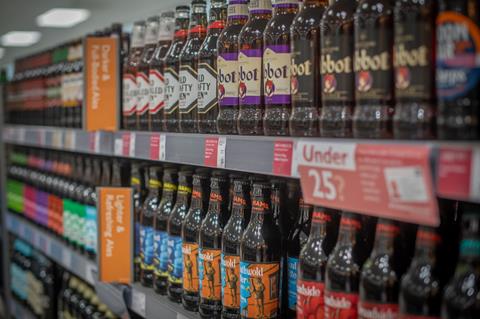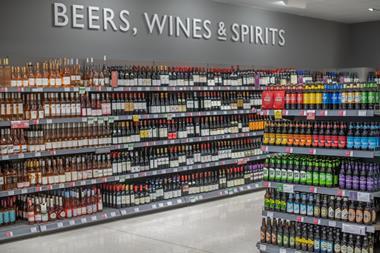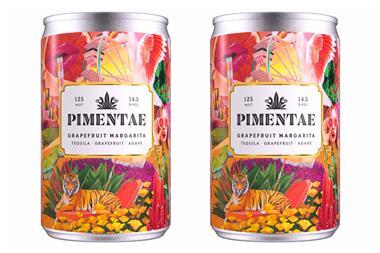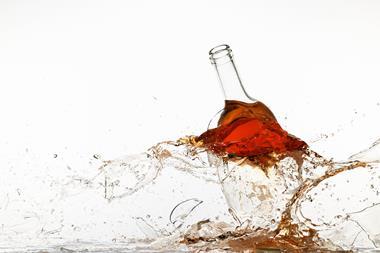
Chancellor Rachel Reeves has ignored pleas for a freeze on alcohol duty, confirming it will rise with RPI to maintain its current real-terms value.
While budget documents said the decision was taken to “balance the important contribution of alcohol producers and the hospitality sector” with alcohol-related harm, many in the industry have criticised the widely expected measure as a bitter blow to suppliers already squeezed by EPR fees and raw material inflation.
Wine & Spirit Trade Association CEO Miles Beale called the rise in duty a “typically disappointing and shortsighted decision” that would only prolong a “doom loop” in the economy.
Scotch Whisky Association chief Mark Kent added the decision would put “huge additional pressure on a sector suffering job losses, stalled investment and business closures”.
“The previous 3.65% increase to spirits duty has reduced spirits revenue by 7% – a loss to the Treasury of £150m. Hiking duty today, for the third time in two years, not only limits our sector’s ability to contribute to much-needed economic growth and productivity, but will once again fail to deliver for the public purse and needlessly cost jobs.”
The changes, effective from 1 February 2026, will include an uprating of small producer relief, so as not to disadvantage artisanal makers against their larger competitors.
UK Spirits Alliance spokesman and director of the small independent distillery Masons of Yorkshire Karl Mason was nonetheless critical, saying: “Innovative, world-leading distillers are disappearing from communities. Three in 10 landlords are scared they will go bust within a year if costs increase; this budget will push businesses on the brink over the edge.
“For all that pain, there’s no gain for the Chancellor. Successive duty hikes have already cost the Treasury billions of pounds; this third increase will limit the ability for businesses to invest, grow and create much-needed jobs.”
The industry’s anger has been matched with defiance by the Institute for Alcohol Studies, a thinktank dedicated to researching the harms that come from alcohol misuse.
CEO Katherine Severi said the institute welcomed the decision, and it “sent a clear signal that ministers aren’t bowing to the barrage of misinformation and aggressive lobbying from the alcohol industry”.
“Past cuts to alcohol duty have handed out more than £28bn in tax breaks to multinational producers, even as alcohol deaths, hospital admissions, and inequality have soared.”
She added that targeting cheap supermarket alcohol would be “good for public health and pubs”.
“Tackling alcohol harm is also vital for economic growth, as England alone loses well over £5bn a year in lost productivity due to alcohol.”



















No comments yet